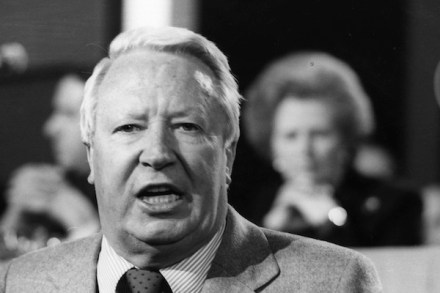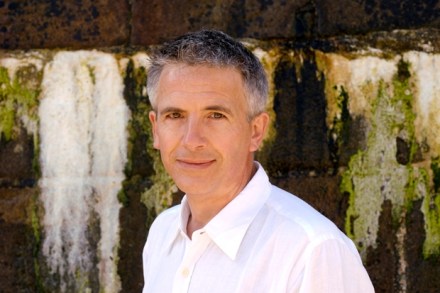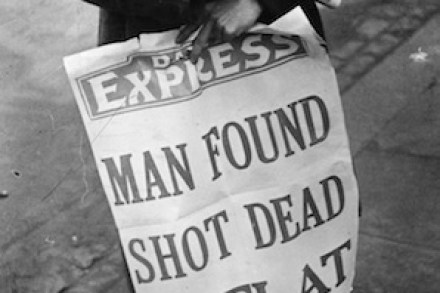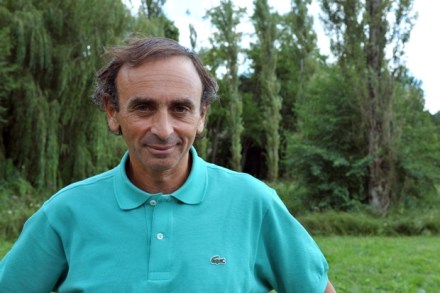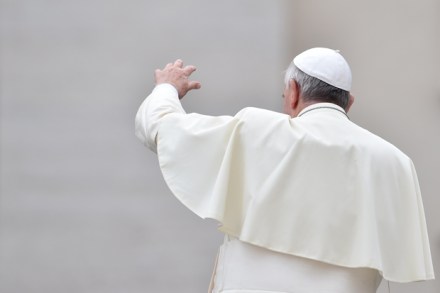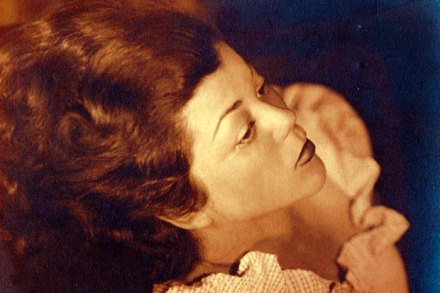The lonely struggle of Jude the obscure
Just over a century after Virginia Woolf declared that ‘on or about December 1910 human character changed’, the American novelist Hanya Yanagihara has announced a new shift in consciousness. Jude, the lead character in A Little Life, is known to his friends as the Postman, ‘post-sexual, post-racial, post-identity, post-past’. The obscurity of his origins (left at birth in a rubbish bin) and a childhood of horrific abuse mean he is determined to draw a veil over his past, making him the most mysterious of the four male New York friends at the heart of Yanagihara’s story. However, his condition is only an extreme — and negative — version of the


